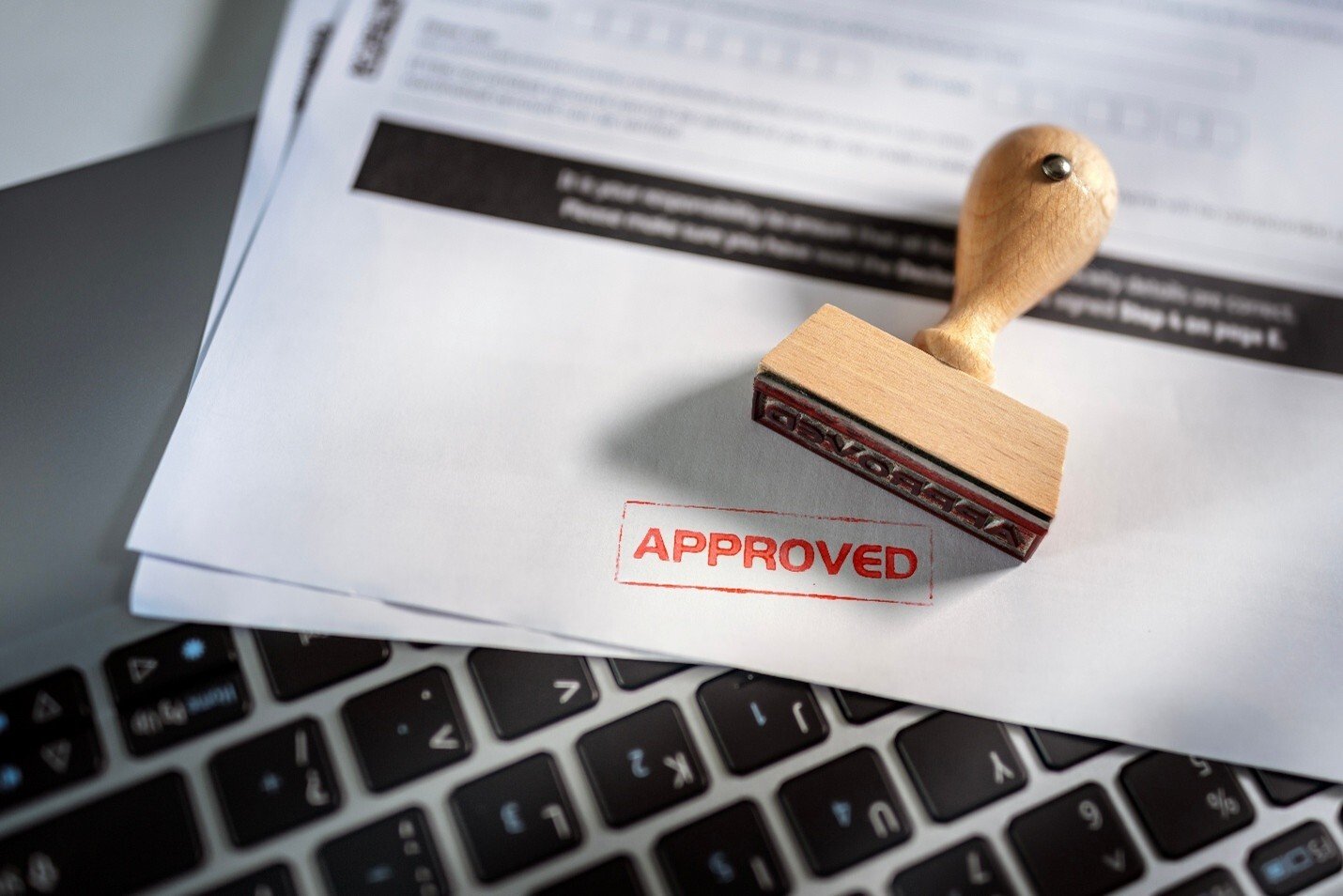On March 26, 2020, USEPA issued a policy memorandum detailing a temporary, streamlined approach to enforcement and compliance in response to COVID-19. Some believe that this is a suspension of all environmental regulations, but this is incorrect. Here’s what you need to know:
The Enforcement Discretion Policy for COVID-19 is an alternative approach to managing environmental enforcement and compliance assurance. The Policy is NOT a complete lapse of regulatory applicability, and state and local agencies are at liberty to take a different approach. Your business is expected to operate safely and make every effort to comply with your environmental compliance obligations. However, EPA recognizes that best practices for public health and safety may limit your business’s ability to meet all federal regulatory requirements, especially as related to:
- Routine compliance monitoring and reporting by regulated entities;
- Facility operations;
- Public water systems regulated under the Safe Drinking Water Act;
- Critical infrastructure; and
- Settlement agreement and consent decree reporting obligations and milestones1.
The Policy retroactively applies as of March 13th, and EPA has committed to routine assessment of the need for and the scope of the policy, as well as update it if deemed necessary.
What activities and operations DO NOT receive enforcement discretion?
While separate and additional communications may be issued about enforcement policy for specific programs, the following are to be regulated and enforced as usual:
- Criminal violations or conditions of probation in criminal sentences;
- Activities that are carried out under Superfund and RCRA Corrective Action enforcement instruments; and
- Imports, with specific attention directed at pesticides and ensuring protection of public health1.
What should I do if my business can’t comply with obligations as stated in a permit, environmental regulations, or a statute?
Enforcement discretion is provided assuming your business documents the information, action, or condition of non-compliance. EPA states that businesses should:
- Act responsibly under the circumstances to minimize the effects and duration of any noncompliance caused by COVID-19;
- Identify the specific nature and dates of the noncompliance;
- Identify how COVID-19 was the cause of the noncompliance, and the decisions and actions taken in response, including best efforts to comply and steps taken to come into compliance at the earliest opportunity; and
- Return to compliance as soon as possible.
EPA’s automated online self-disclosure program, “eDisclosure” System, will remain open.
Routine compliance monitoring, reporting, and training and certification
It is understood that COVID-19 may limit ability to perform compliance monitoring, integrity testing, sampling, laboratory analysis, training, and reporting or certification1. Your business should utilize existing procedures to report non-compliance, as well as ensure the previously mentioned actions are conducted.
As many training classes are offered online, training and certification should generally not be affected by travel limitations and social distancing. Where practicable, businesses mandated to function with certified operators should maintain normal certification and training practices. If not practicable, EPA notes their belief that it is more important to keep experienced, trained operators on the job, even if a training or certification is missed.
Digital and e-Signatures will be acceptable in place of “wet” signatures, and EPA encourages the use of approved electronic reporting mechanisms. EPA will also accept email submissions in place of original paper copies. Penalties for violations of routine compliance monitoring and related activities are not expected to be issued so long as EPA agrees that COVID-19 was the cause of the noncompliance and you provide supporting documentation to the EPA upon request.
Facility operations
Facilities maintain the responsibility to prevent, respond to, or report accidental releases of oil, hazardous substances, chemicals, wastes, and other pollutants, as required by federal law. Your business is expected to continue managing and operating facilities in a manner that is safe and that protects the public and the environment.
If operations impacted by COVID-19 present a risk or an imminent threat to human health or the environment, or if a facility suffers from a failure of an air emission control or wastewater or waste treatment systems or other equipment resulting in exceedance of enforceable limitations, your business should contact your regional EPA office and/or the state environmental protection department as quickly as possible to determine the best course of action.
If a facility is a generator of hazardous waste and COVID-19 has limited ability to transport waste off-site within prescribed periods required under RCRA to maintain generator status, generator status will generally not be subject to change. Your business should properly label and store waste and act in accordance with the EPA guidance for instances of non-compliance, addressed above. Facilities will maintain their status as hazardous waste generators, and not be subject to treatment, storage and disposal (TSD) facility requirements.
For animal feeding operations, refer to Part 1.D.5. of the policy memorandum for operation-specific policy discretion.
Public water systems regulated under the Safe Drinking Water Act
Operators of public water systems are expected to continue normal operations and maintenance, as well as required sampling to ensure the safety of drinking water supplies. Laboratories are expected to perform analyses in a timely manner, and EPA is to continue water enforcement and oversight responsibilities. However, in the event of worker shortages in the water sector, EPA details consideration of tiers of compliance monitoring and notes that states may wish to adopt similar priorities. Public water systems are encouraged to consult with state and EPA regional offices if the normal delivery of safe drinking water is at risk.
Critical infrastructure
Essential critical infrastructure may be considered for short-term No Action Assurance if determined it is in the best interest of the public. Decisions will be made on a case by case basis and utilize guidance issued by The Cybersecurity and Infrastructure Security Agency.
Settlement agreement and consent decree reporting obligations and milestones
If your business is working through an EPA administrative settlement agreement or consent decrees entered into with the EPA and the U.S. Department of Justice, refer to ENFORCEMENT DISCRETION Part I.C.1-3. of the policy memorandum for situation-specific guidance.
How long is the Enforcement Discretion Policy expected to last?
For now, a concrete date has not been provided. EPA will post a notification here at least 7 days before terminating this temporary policy. You can read the full EPA Policy on Enforcement during the COVID-19 outbreak here.
Sources:
https://www.epa.gov/newsreleases/epa-announces-enforcement-discretion-policy-covid-19-pandemic




